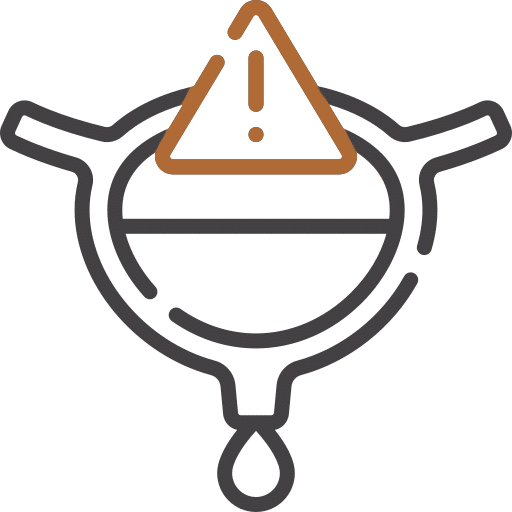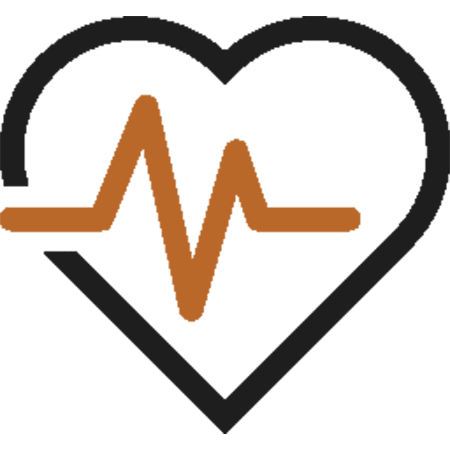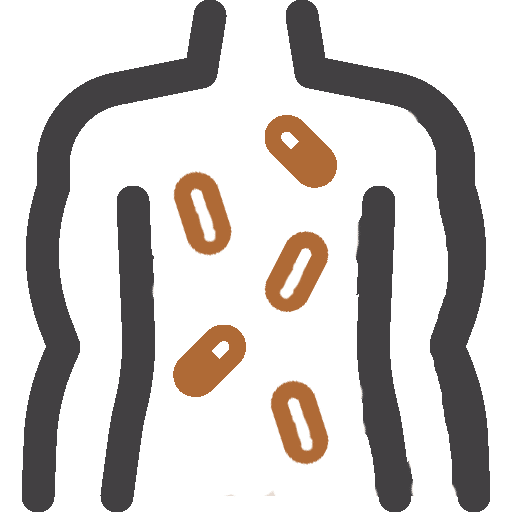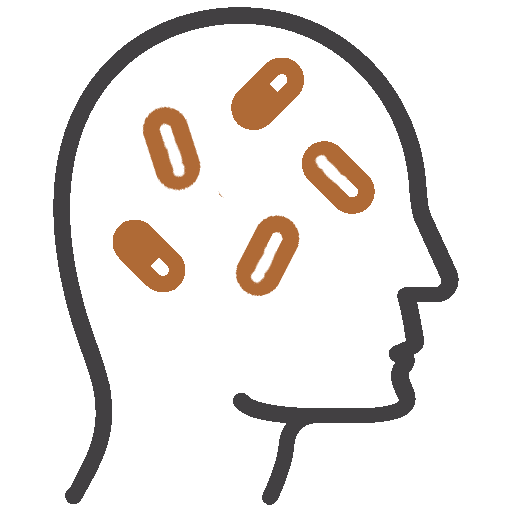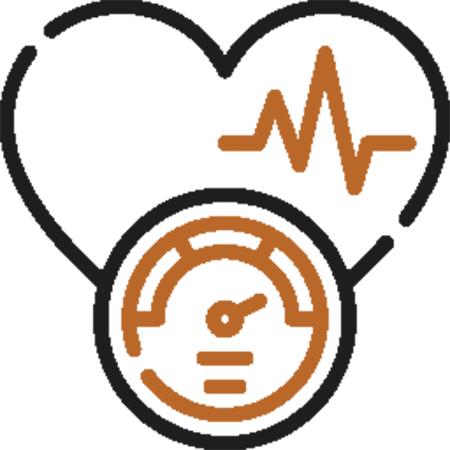Promethazine is a medication commonly used to treat allergies, nausea, and motion sickness. It belongs to a class of drugs known as phenothiazines, which exert their effects by blocking certain receptors in the brain. Additionally, promethazine possesses sedative properties, making it useful in managing motion sickness and promoting sleep.
While effective when used as prescribed, promethazine can also pose risks if misused or abused. According to studies, the exposure rate of promethazine doubled within a decade. The exposure to the drug was most prevalent in teens and young adults. Join us as we unravel the complexities of promethazine, exploring its effects, dangers, and more.






